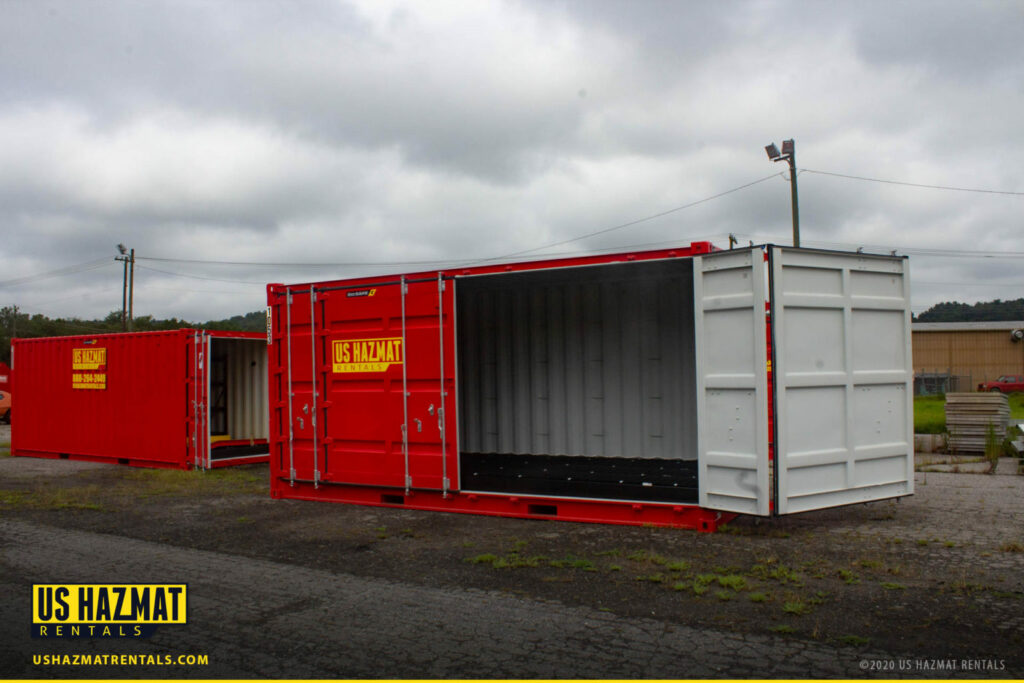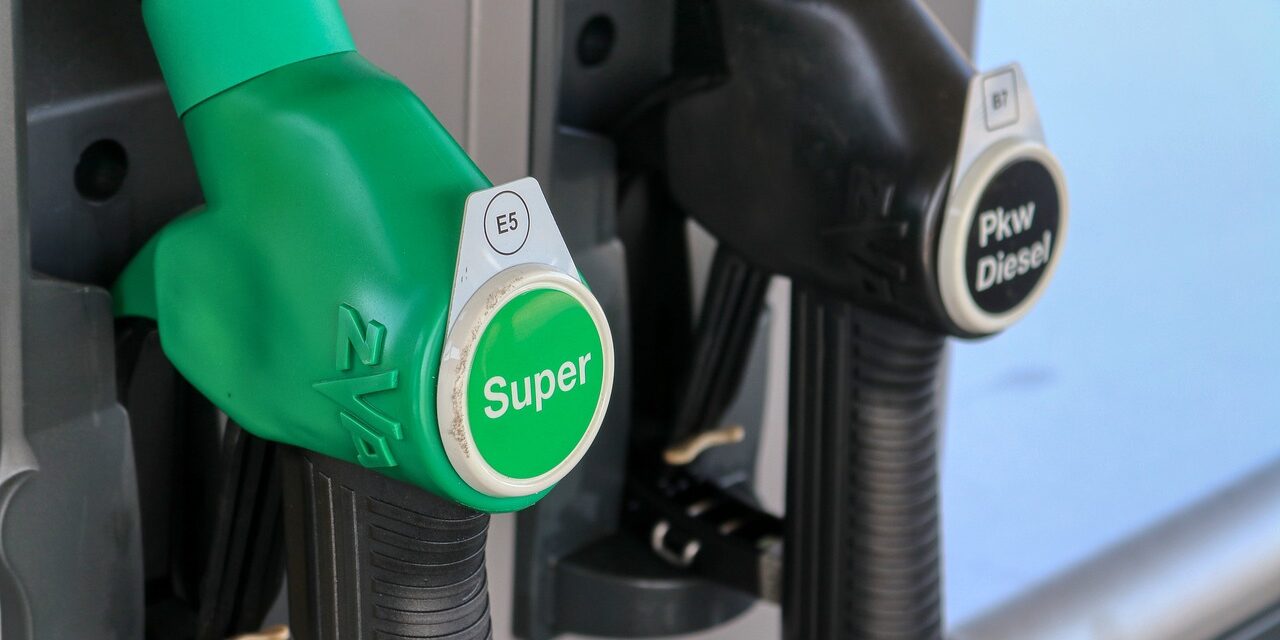We’ll save you the trouble of scrolling if you have a short attention span. No, the president does not control gas prices. Although the ubiquitous political discourse might tell you otherwise, the nation’s highest office doesn’t directly control prices at the pump. But this doesn’t mean the White House doesn’t have undue political influence on your wallet. President-elect Donald Trump’s controversial tariffs could take a deep dive into your checking account, with retailers already remarking inventory with higher pricing. Trump’s jaw-dropping 60 percent tariff on Chinese imports, including industrial strength chemicals, could outprice most small to medium-sized businesses. Trump’s promise to slash OSHA regulations and further deregulation will bring other unforeseen changes on the jobsite. Rely on U.S. Hazmat Rentals in storing strategic reserves of manufacturing chemicals in light of intemperate fiscal and federal safety policies threatening to undermine your bottom line.
What are Tariffs?

Tariffs are import taxes on foreign goods. Domestic companies pay tariffs to the federal treasury on products shipped from overseas. American companies almost always pass on the price of tariffs to consumers, who are haunted by the recent bout of pandemic-induced inflation. Although Trump’s hefty duties are likely to campaign posturing and base appeasement, his outsized protectionist ambitions will increase prices on everyday items. Industrial manufacturers rely on hazardous materials and chemicals from China that are necessary for assembly lines and other operations. China is the world’s “chemical giant.” Nearly 30 percent of all industrial chemicals, cleaners, lubricants, acids, and accelerants come from the world’s second-largest economy. Although tariffs are a protectionist measure to discourage international reliance on foreign goods while bolstering domestic manufacturing, heavy duties can kick off trade wars with consumers footing the bill.
Short of writing an impassioned letter to your respective congressperson bemoaning tariff policies, most industrial procurers have little recourse in fighting higher pricing. While transactional details are primarily anecdotal, several companies have allegedly proactively laid off workers before raising commodities’ pricing in a lead-up to anticipatory tariffs. Other companies have rushed orders for raw materials and Chinese-made chemicals before Trump takes office. Although bogarting supplies today could pay dividends later, rushes on industrial chemicals could unintentionally jack up prices and stymie logistics before tariffs take effect. (You can thank Reagan’s supply-chain economics for market volatility). Tariffs are bad business for everyone. While manufacturers can offset the expenditures, customers will pay the dole.
Protecting Chemical Stockpiles from Accidents and Inflationary Undercutting

The temptation to stock up on industrial chemicals can be as overwhelming as the noxious fumes wafting from unsecured chemical stockpiles, which, by the way, we can safely accommodate if you need vaunted protection. Capping off chemical inventories today poses a chemical dilemma for tomorrow. Larger flammable materials’ quantity requires separate chemical storage protection. OSHA federally mandates stockpiles greater than 25 gallons to be stored in a flammable chemical storage locker. Securing current inventories in a climate-controlled chemical storage locker can prevent degradation and evaporation from unstable temperature inversions. Moreover, compliant chemical protection engenders better product organization, streamlining your workflow while protecting employees. Our fire-rated chemical storage lockers can also safely accommodate extra inventory if you decide to bite the bullet and stock up on chemicals ahead of tariffs. Contact us today for a free quote and consultation!






